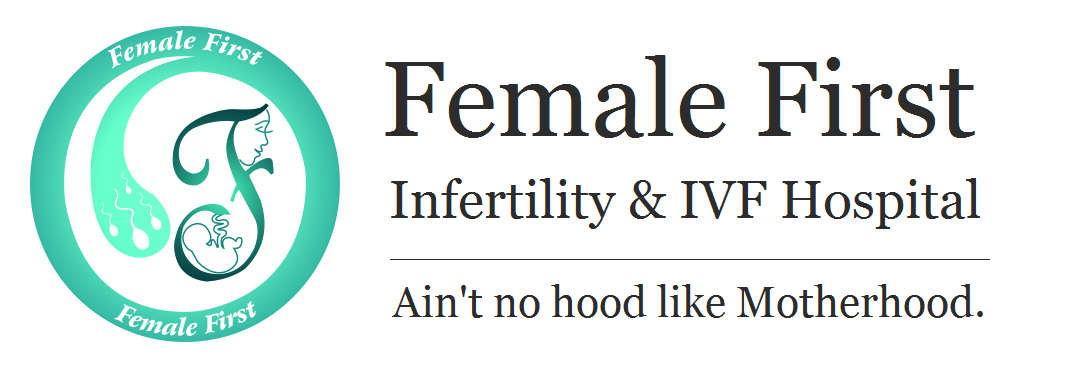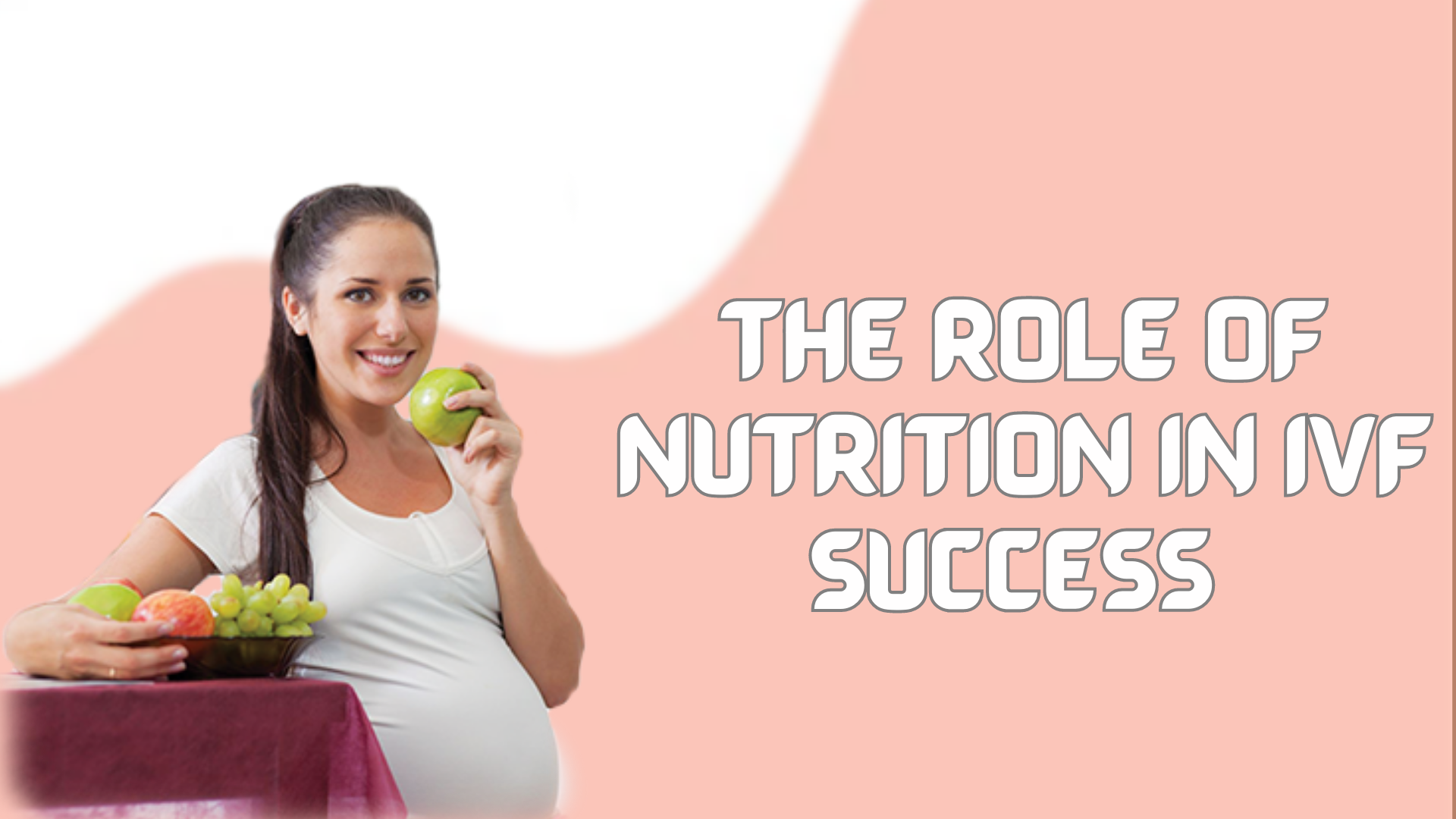In vitro fertilization (IVF) is a remarkable assisted reproductive technology that has brought hope to countless couples struggling with infertility. While the IVF process itself is a sophisticated medical procedure, the role of nutrition should not be underestimated when it comes to optimizing the chances of success. A well-balanced and nourishing diet can significantly impact the IVF journey by promoting fertility, supporting reproductive health, and creating an ideal environment for pregnancy. In this blog, we will explore the crucial role of nutrition in IVF success and offer valuable tips for a fertility-friendly diet.
1. Promoting Hormonal Balance
Hormonal balance plays a vital role in fertility and successful IVF outcomes. Certain nutrients are essential for the proper functioning of the endocrine system, which regulates hormone production. Consuming a diet rich in healthy fats, such as omega-3 fatty acids found in fish, flaxseeds, and walnuts, can support hormone production and balance. Additionally, complex carbohydrates, like whole grains, help stabilize blood sugar levels, promoting steady insulin levels and hormonal health.
2. Enhancing Egg and Sperm Quality
For both women and men undergoing IVF, the quality of eggs and sperm is of utmost importance. Antioxidant-rich foods, such as colorful fruits and vegetables, nuts, and seeds, help protect reproductive cells from oxidative stress and improve their quality. Including foods high in folic acid, such as leafy greens and legumes, is beneficial for fetal development and can aid in reducing the risk of certain birth defects.
3. Supporting Uterine Lining Development
A well-prepared uterine lining is crucial for successful embryo implantation during IVF. Foods rich in iron, such as lean red meat and spinach, support healthy blood flow to the uterus, aiding in the development of a receptive uterine lining. Additionally, foods containing vitamin E, like avocados and almonds, can promote uterine health and improve implantation success.
4. Reducing Inflammation
Chronic inflammation can negatively impact fertility and IVF success. Consuming an anti-inflammatory diet can help reduce inflammation and promote overall reproductive health. Foods such as fatty fish, leafy greens, berries, and turmeric have anti-inflammatory properties and can be beneficial during the IVF journey.
5. Maintaining a Healthy Weight
Maintaining a healthy weight is essential for fertility and IVF success. Both underweight and overweight conditions can affect hormone balance and ovulation, making it more challenging to achieve a successful pregnancy. A balanced diet, along with regular exercise, can help achieve and maintain a healthy weight, increasing the likelihood of successful IVF outcomes.
6. Ensuring Adequate Nutrient Intake
During IVF, the body’s nutrient requirements may increase due to the demands of fertility medications and the energy needed to support the reproductive process. It is essential to ensure adequate nutrient intake through a well-rounded diet that includes a variety of nutrient-dense foods. If needed, prenatal vitamins or specific supplements recommended by a healthcare provider can fill any nutritional gaps
7. Managing Stress and Emotional Eating
The IVF journey can be emotionally challenging, and individuals may turn to food for comfort, leading to emotional eating. It’s essential to recognize emotional triggers and develop healthy coping mechanisms, such as mindfulness practices, yoga, or seeking emotional support from loved ones or professionals. Managing stress and emotional eating can positively impact overall health and fertility during IVF.
8. Hydration for Optimal Functioning
Staying well-hydrated is crucial for overall health and fertility. Water supports optimal organ function, including the ovaries and uterus, and aids in the transport of nutrients throughout the body. Adequate hydration is essential for maintaining cervical mucus, which plays a vital role in sperm transport and conception.
Conclusion
Nutrition plays a fundamental role in IVF success, supporting hormonal balance, enhancing egg and sperm quality, promoting a healthy uterine lining, reducing inflammation, and maintaining a healthy weight. Adopting a fertility-friendly diet that includes a variety of nutrient-rich foods can improve the chances of a successful IVF journey. Alongside medical guidance from fertility specialists, embracing a well-balanced and nourishing diet can empower individuals and couples on their path to parenthood, increasing their chances of realizing the dream of building a family through IVF


Add Your Comment